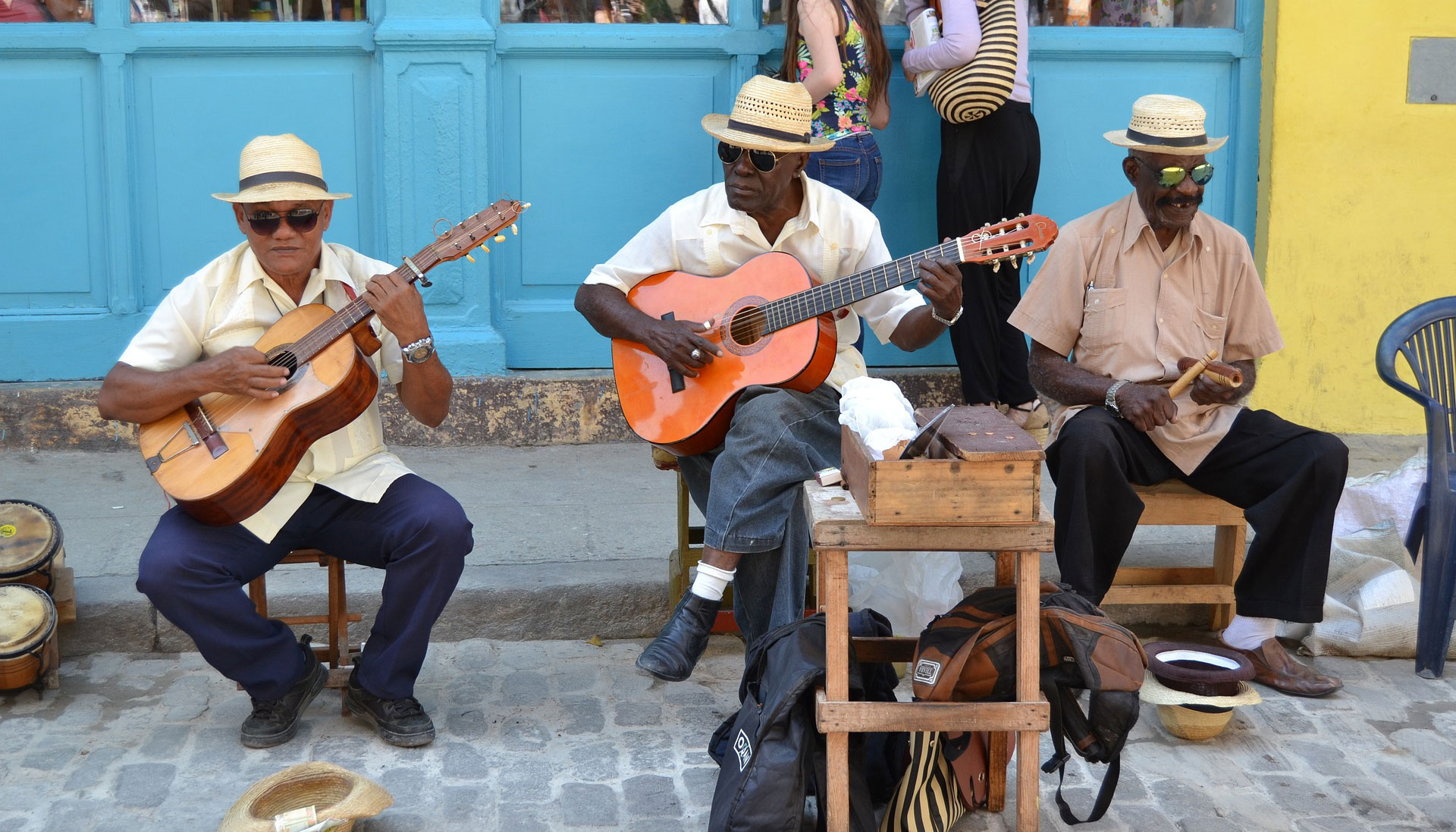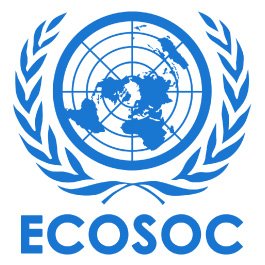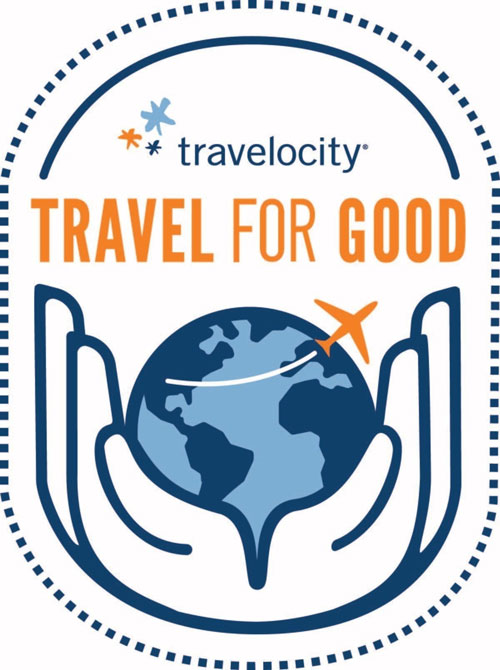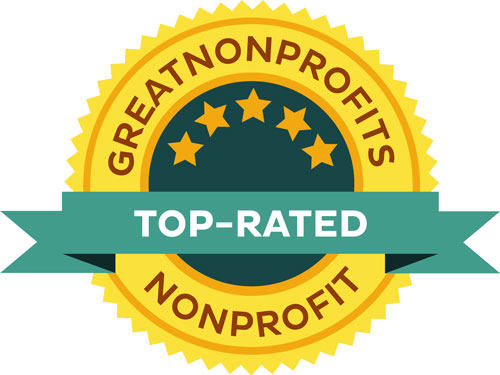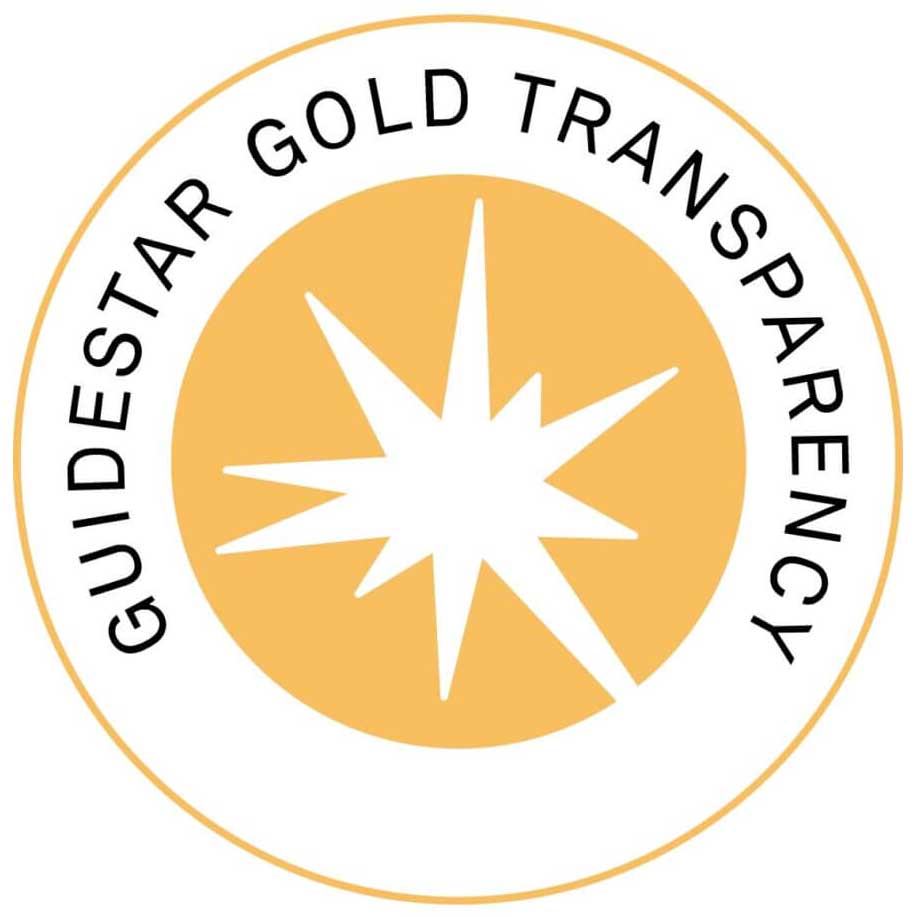Globe Aware offers flexibility when it comes to protecting yourself and others. In case your volunteer vacation destination is impacted by the Delta variant, Globe Aware will work with you and your family to reschedule your dates and even location.
Is It Safe to Plan International Fall Travel Right Now?
We speak to experts about how the Delta variant could impact upcoming travel plans.
BY SHANNON MCMAHON
July 26, 2021
This year, as much of the United States became vaccinated against the coronavirus and other nations mounted their own vaccine rollouts, experts estimated that international travel would rebound by autumn—if enough of the world became inoculated. But with lagging vaccinations and cases rising again globally thanks to the highly contagious Delta variant, what does that mean for fall travel?
While breakthrough cases among vaccinated people were always expected, and primarily present mild symptoms, the Delta variant, which is now widespread in the U.S., is changing the course of infections in under-vaccinated areas. And it's leading to some returning restrictions: After a case spike in Las Vegas, for example, employees in the city are once again required to mask indoors, and officials in some places are warning against travel to the area.
“We're at quite a junction now with the Delta variant, because what's become apparent in the past few weeks is even vaccinated people, at a low frequency, are starting to get infected,” says Dr. David Freedman, an emeritus infectious-disease specialist at the University of Alabama at Birmingham whose COVID-19 research has focused on travel. “People don't want to go away and get sick, especially somewhere they can't get good medical care.”
If you’re planning on traveling this autumn, here’s what to consider about sticking with or postponing your plans.
Should I book fall travel right now?
According to experts, it depends on your health status and the epidemiological situation where you’re going. Those with underlying conditions should reconsider traveling abroad even if they are vaccinated, according to the Centers for Disease Control and Prevention (CDC), which now offers country-specific travel guidance that ranges from a Level 4 (COVID-19 Very High) alert to Level 1 (COVID-19 Low). In general, unvaccinated people should avoid international travel, according to the CDC, and those who are vaccinated should avoid nonessential travel to Level 4 destinations.
As for how travel will be impacted over the coming months, the trajectory of COVID-19 cases in the U.S. remains unclear, Freedman says, mainly because that trend will depend heavily on the amount of people who decide to get vaccinated. According to the CDC, which collects national data sets predicting the future spread of the disease in the U.S., “Newly reported COVID-19 cases will remain stable or have an uncertain trend, with 92,000 to 803,000 new cases likely reported in the week ending August 14, 2021,” with the vast majority of those cases occurring among unvaccinated people. (About 332,000 cases were reported in the last week, for comparison.) It is worth noting, however, that COVID-19 cases have historically risen in fall, when colder weather drives people back indoors.
For that reason, travel could be risky for immunocompromised people, even if they are vaccinated. “People need to be honest with themselves, and if they have underlying health problems those are really the people who should not travel,” Freedman says. The bottom line, he notes, is that vaccinated people are much less likely to get severely sick.
Will destinations remain open?
Some destinations that recently thrust open their doors to summer tourists are already reimposing restrictions due to the Delta variant. While many countries in Europe are allowing Americans again, some recently brought back curfews and indoor-dining restrictions to slow the spread of the virus. Greece, for example, has banned music in bars and set curfews in nightlife spots like Mykonos. France, which is only allowing vaccinated visitors, will also begin requiring proof of inoculation to dine indoors. In the Caribbean, Turks and Caicos has narrowed its time frame for visitors to acquire a negative coronavirus test, shortening the window from five days before arrival to three. Europe travel could also shut down at any moment thanks to terms built into the European Union’s tourism reopening: Member states can halt travel at any time via an “emergency brake” established by E.U. leaders. The region’s tourism plan relies on a digital health pass that is available to Americans for use.
“The rules are still ever-changing,” says Michaela Moore, a travel advisor for Creative Vacations who has clients traveling to both the Caribbean and Europe this summer. “It’s been a challenge to stay on top of.” Moore says that it’s become her job to give travelers the most up-to-date rules so they can make decisions about what type of travel they’re most comfortable with. The easiest, and therefore more popular, places for Americans to travel right now are Mexico and the Caribbean, she says, followed by Europe, which is proving slightly more difficult to navigate; Africa and Asia trips have largely been put on hold.

How can I safeguard my trip?
If you choose to travel internationally this fall, Moore advises you invest in the right travel insurance and only book changeable flights and accommodations, in case a spike in cases at your destination means you’ll have to postpone your trip. ‘Cancel for any reason’ insurance is most helpful in those scenarios, and is typically separate from standard trip insurance that kicks in during travel for things like emergency flights home or alternative accommodations if you have to quarantine. It’s crucial that travelers make sure they have medical insurance that will cover them abroad, Moore says, as most U.S. health-insurance providers can’t provide coverage internationally. Travelers can also choose to visit countries with better healthcare systems that are less likely to be overwhelmed by a sudden rise in cases, and nations with high vaccination rates that make a sudden outbreak far less likely.
“A lot of people are over COVID even though COVID is not necessarily over us,” says Moore. “I give them the rules and provide them with all the information they need, and then they need to make the decision they're most comfortable with about traveling.”
Freedman says we can also keep an eye out for signals that travel restrictions might return post-summer and complicate the fall travel season, including steadily rising cases in the U.S. through August, which could compel other countries to again close to Americans.
“There's going to be increasing bureaucratic hurdles if Delta doesn't get under control in the next month or so,” Freedman says. “If that doesn't happen, once people stop spending so much time outdoors, countries are likely going to put even more inconvenient restrictions in place.”
With that in mind, it's as important to keep up with your own local epidemiological situation as your destination's—and to have planned your travel as flexibly as possible in case either area's case rate impacts your plans.


